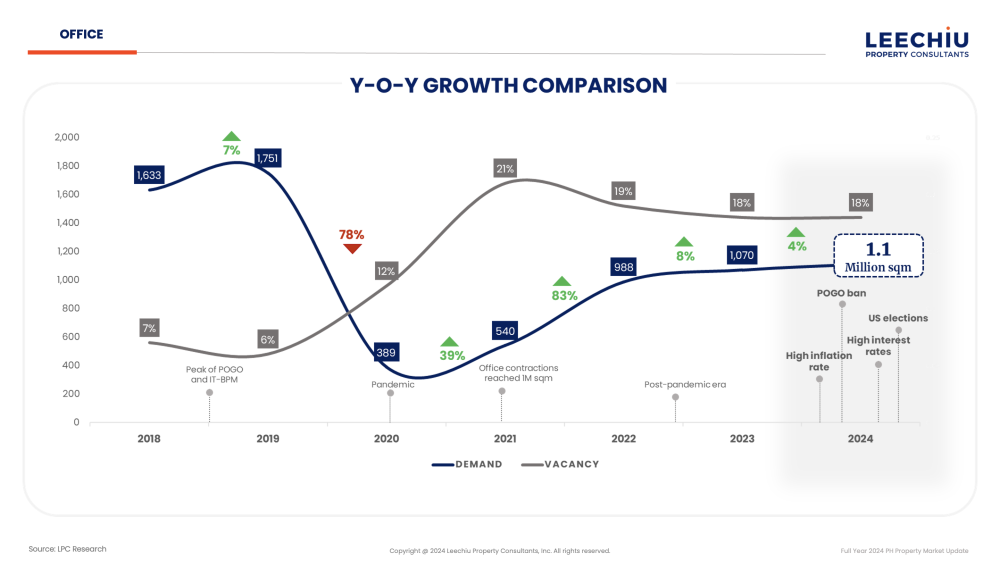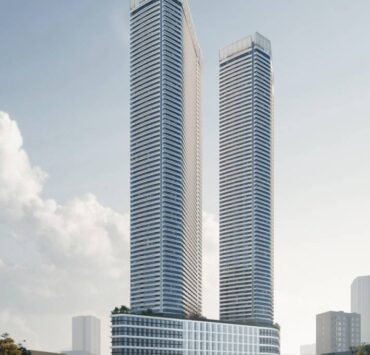Adapting Philippine real estate and architecture to modern needs

As chair of the European Chamber of Commerce of the Philippines’ Real Estate Committee, I had the privilege of hosting in November an ECCP event where we convened esteemed speakers to explore critical trends shaping the future of Philippine real estate and architecture.
The discussions underscored the importance of resilience, sustainability, and innovation in addressing the challenges posed by rapid technological advancements, climate change, and evolving user needs.
From location to accessibility
Architect Jun Palafox—celebrated for his masterplanning of Rockwell Center in Makati and the reclamation of Dubai’s waterfront—highlighted a significant shift in the industry’s focus: from the traditional “location, location, location” to a new emphasis on accessibility. This reflects the rising demand for spaces that are well-placed, seamlessly connected, user-friendly, and future-ready.

Resilient urban planning
The rise of work-from-home arrangements during the pandemic reshaped traditional workplace norms.
However, the Philippine office leasing market demonstrated remarkable resilience in 2024, achieving 1.1 million sqm in transactions—a 4 percent year-on-year growth and the highest volume since the pandemic. This recovery signals a continued preference for in-office setups, allowing developers to reimagine workspaces.
To attract employees back, office designs must prioritize the human experience. Features such as varied floor plans, ample natural light, and inviting social or outdoor spaces can transform offices into vibrant hubs of connection and well-being. Central business districts are evolving into “central social districts,” integrating wellness and community-building into their cores.
Sustainability, often perceived as costly, need not be prohibitive. Initial investments in eco-friendly designs—such as passive energy systems, optimized layouts, and enhanced daylight access—can yield significant long-term savings and productivity benefits. Notable examples in Bonifacio Global City (BGC) and Makati showcase how green office buildings can set benchmarks for the future.
Contextual integration and infrastructure’s role
Infrastructure development is a vital driver of the Philippine real estate sector.
Projects like the Northern and Southern Access Link Expressways and Subic-Clark Railways are enhancing connectivity and fostering the rise of “Mega Manila.” This emerging urban area, uniting Metro Manila with nearby provinces, is reducing commute times and spurring the growth of sustainable townships.
Developers are increasingly prioritizing contextual integration, combining modern functionality with sustainability.
Townships along the Cavite-Laguna Expressway, for example, feature green spaces, energy-efficient systems, and community-centric amenities, illustrating how infrastructure and innovation can create future-ready developments.
A sustainable and innovative future
As the Philippines continues to grow, architects, developers, and designers are uniquely positioned to champion sustainability and innovation.
In 2025 and beyond, the real estate industry can lead by integrating advanced technology, fostering collaboration among stakeholders, and addressing the evolving needs of users.
The shift towards remote work highlights the need for office spaces and townships that entice employees to return, balancing functionality with environmental consciousness. Incorporating flexible layouts, informal gathering areas, and natural elements can make workplaces more appealing.
By designing spaces that connect, empower, and sustain, the industry can meet today’s demands while laying the foundation for a more resilient and innovative future for generations to come.
The author is the executive director of Leechiu Property Consultants Inc., the country’s premier real estate advisory firm.

















